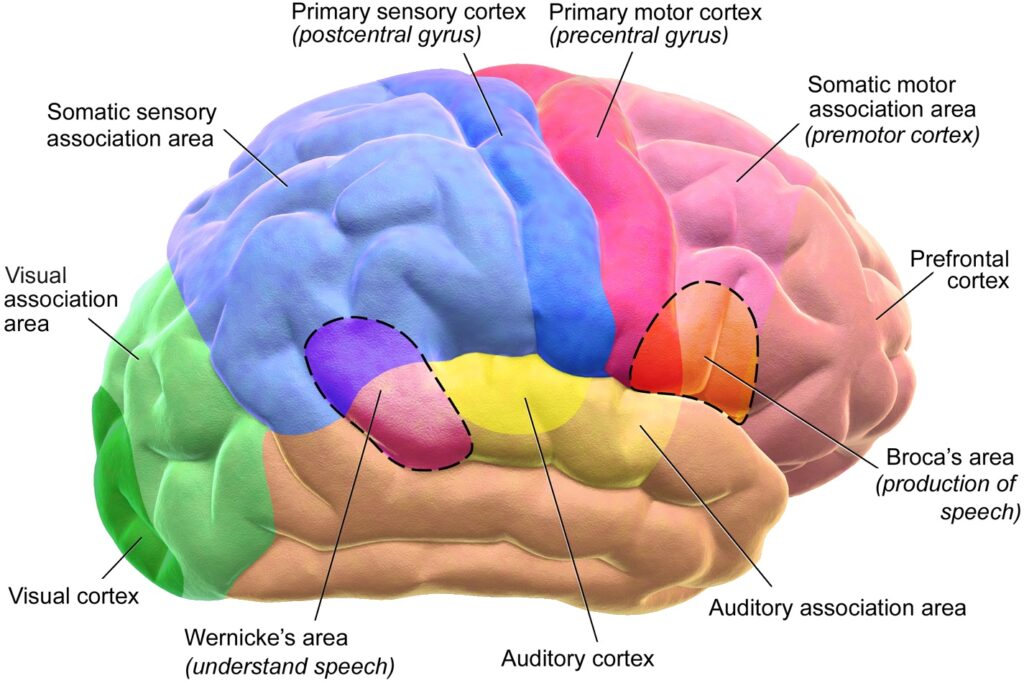What is a Traumatic Brain Injury?
Sustaining a traumatic brain injury (also known as a “TBI”) can be life-altering, and seeking appropriate legal action is crucial for fair compensation.
Understanding Traumatic Brain Injury (TBI)
A TBI is a serious medical condition caused by a blow, bump, or jolt to the head, resulting in disrupted brain function. These injuries range from mild concussions to severe cases that may lead to long-term cognitive, emotional, and physical challenges. The leading cause of TBI’s are falls but some other common causes can be car accidents or assaults. Children and adults over the age of 65 are considered to be a part of the high-risk group when it comes to TBI related injuries.
Recognizing the Signs and Symptoms
Identifying TBI symptoms promptly is vital for both medical treatment and legal proceedings. Common signs include headache, confusion, memory problems, dizziness, and mood changes. Some other cognitive symptoms include difficulty concentrating, difficulty remembering, and frustration or irritability. Symptoms can either show up immediately or slowly overtime. That is why getting checked out after any sort of fall or accident is a great preventative step to ensure the TBI does not progress.
The Importance of Medical Documentation and Professional Legal Representation
A TBI is usually diagnosed through a wide range of neurological exams, imaging tests, and cognitive assessment. Timely and accurate diagnosis is very important when it comes to treating a TBI or fighting for adequate compensation. Sometimes it is difficult to diagnose a mild TBI because a lot of the imaging that currently exists doesn’t have the sensitivity to detect these kinds of injuries. Navigating a TBI case can be complex, which is why it’s crucial to find an experienced personal injury attorney that can fit your personal needs. Lastly, putting together any and all documentation you have is also a very important part of building your case.
Conclusion
In conclusion, advocating for yourself and promptly seeking medical attention after an accident can help in diagnosing and treating TBIs effectively. Though the process might be challenging, fighting for rightful compensation is worth it in the end. Stay vigilant and document any signs or symptoms, as this can make a significant difference in your case.

